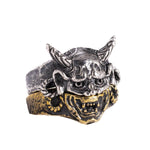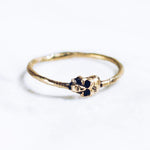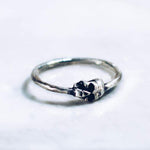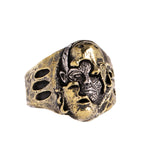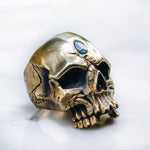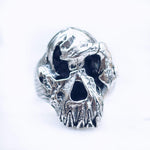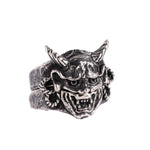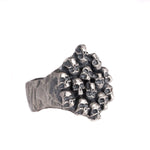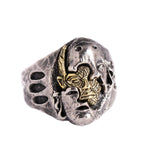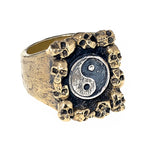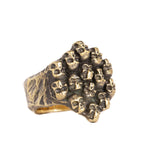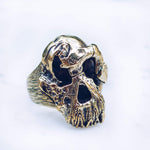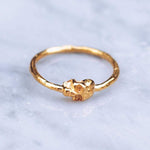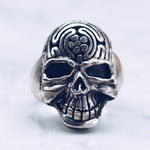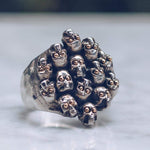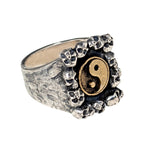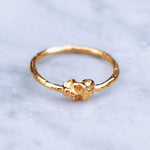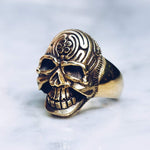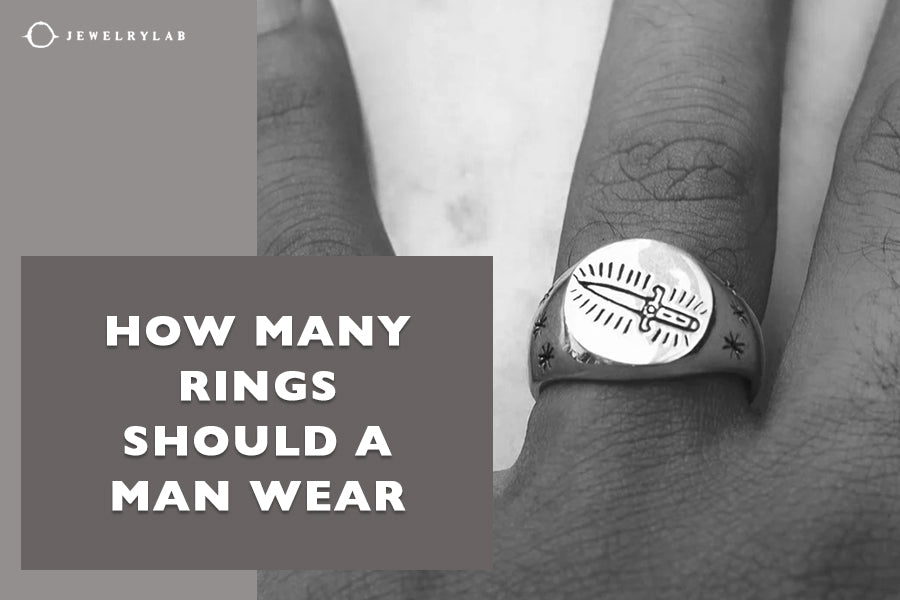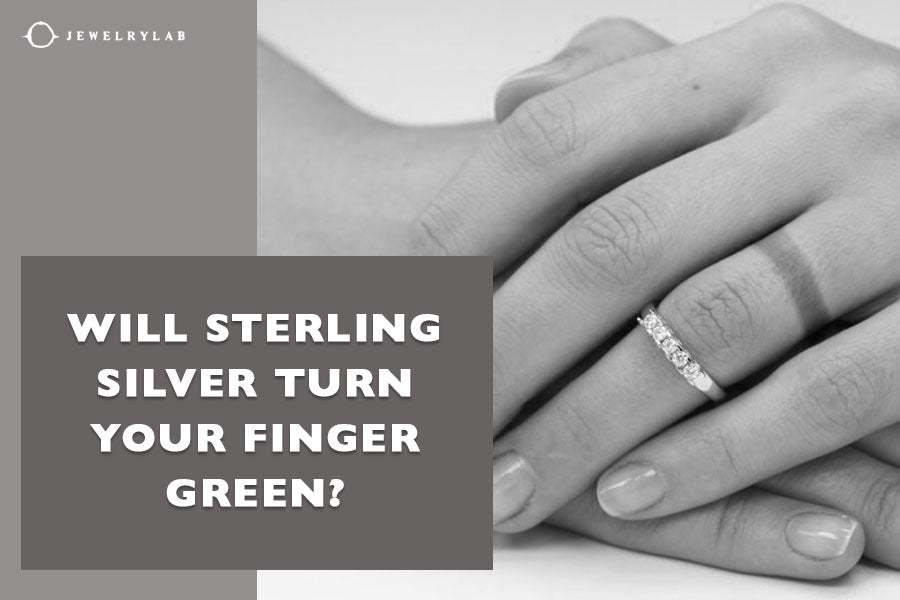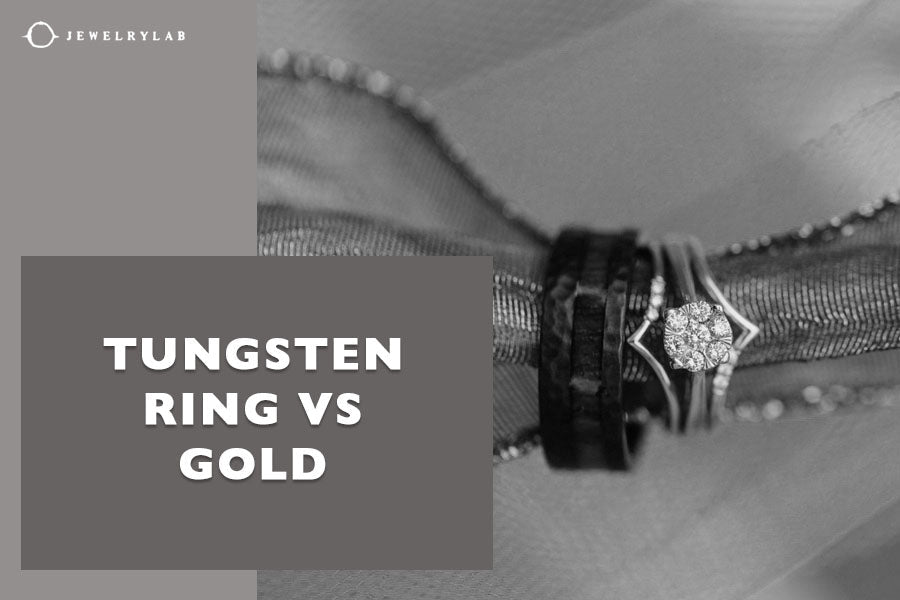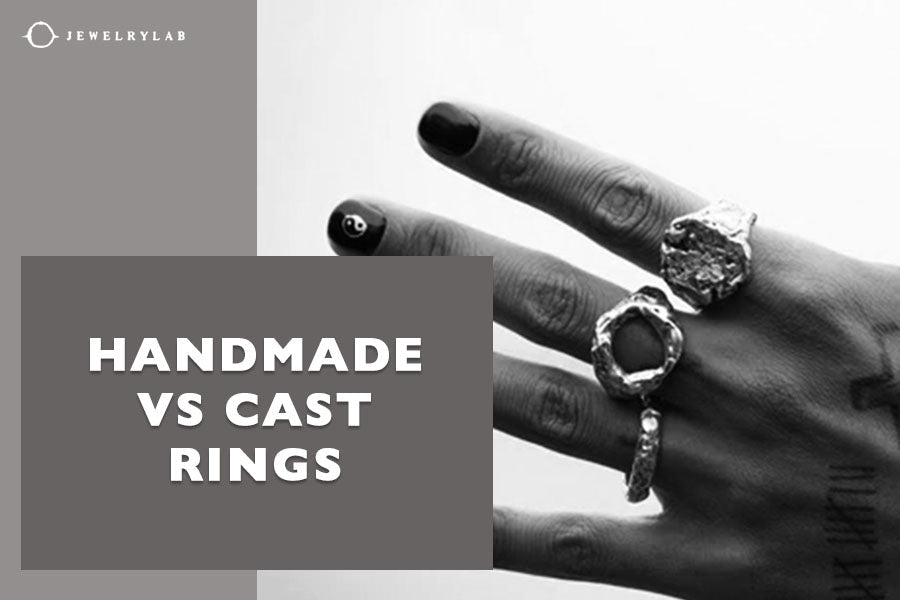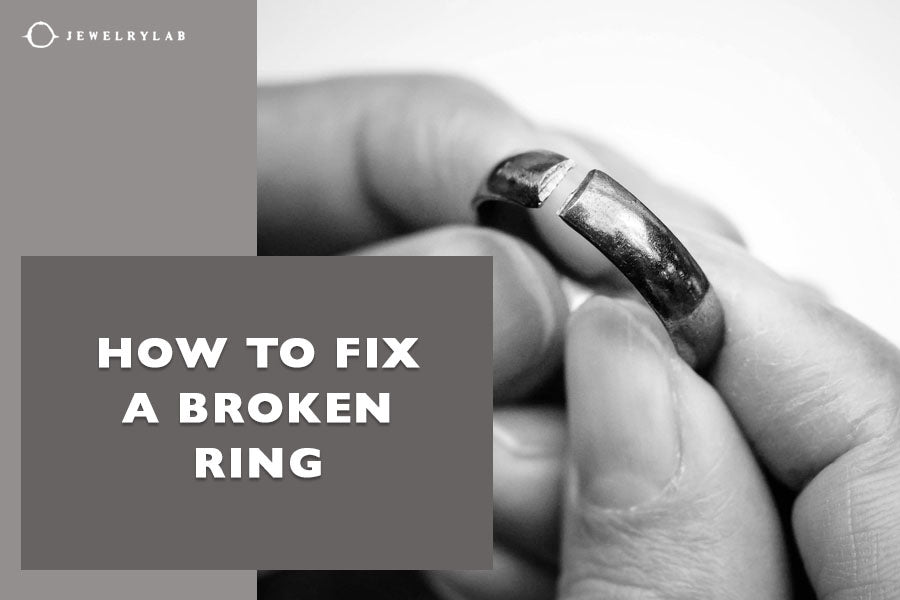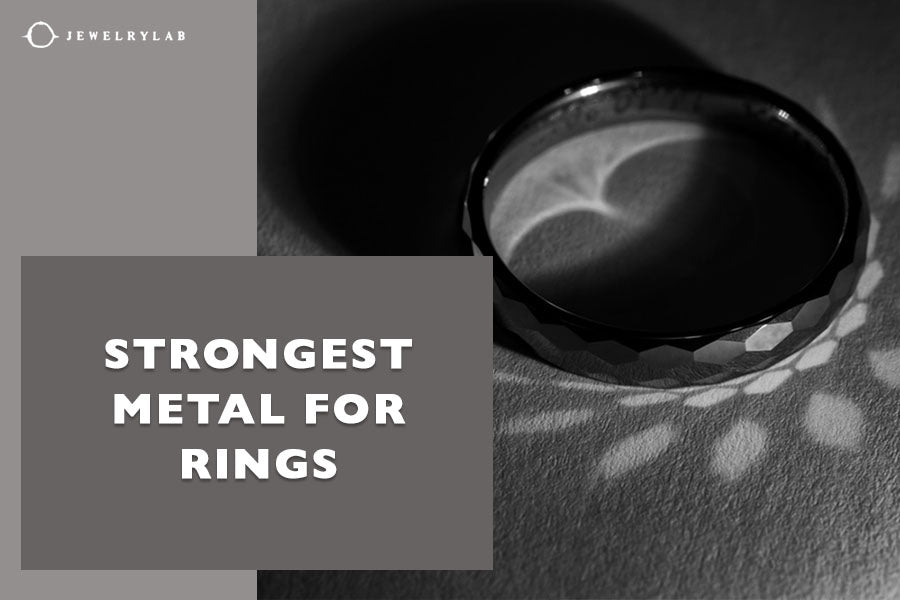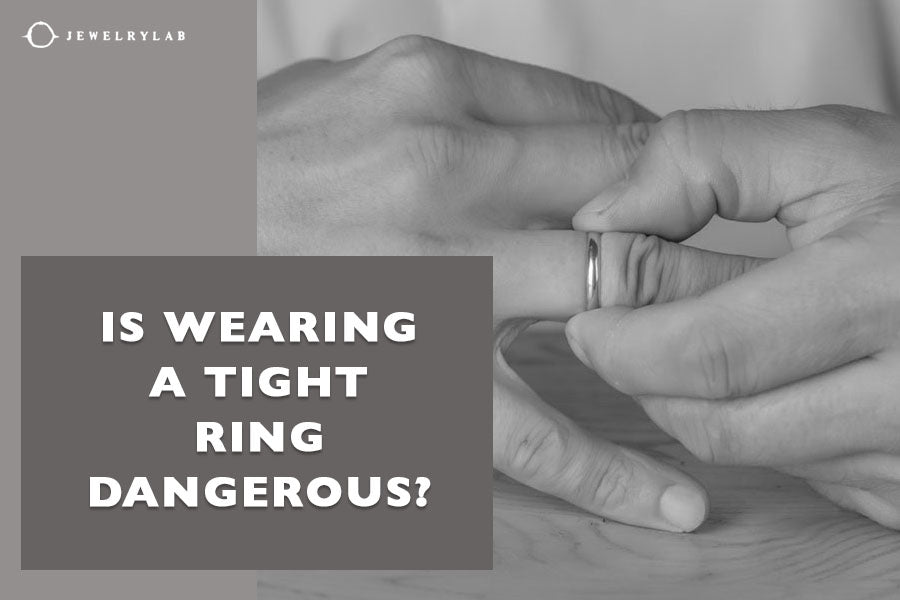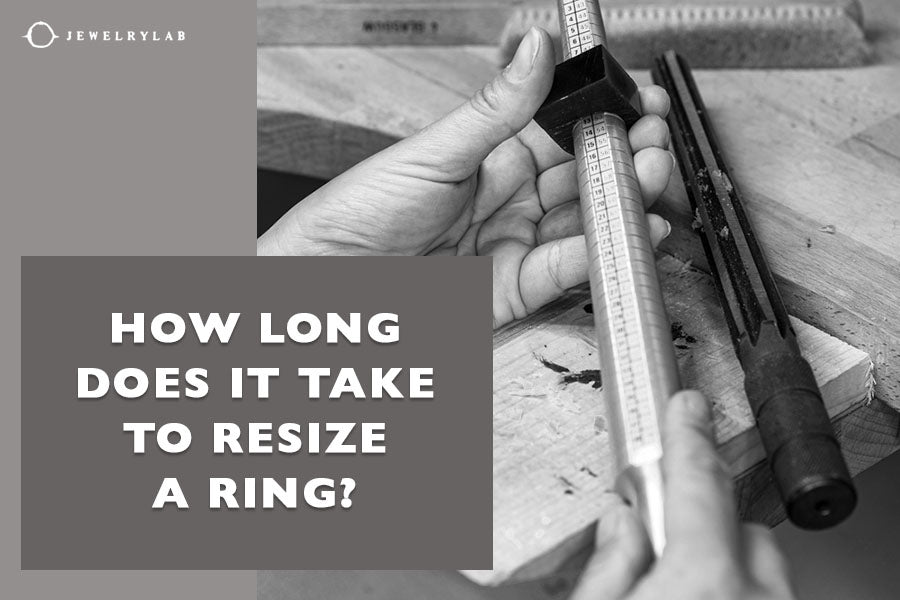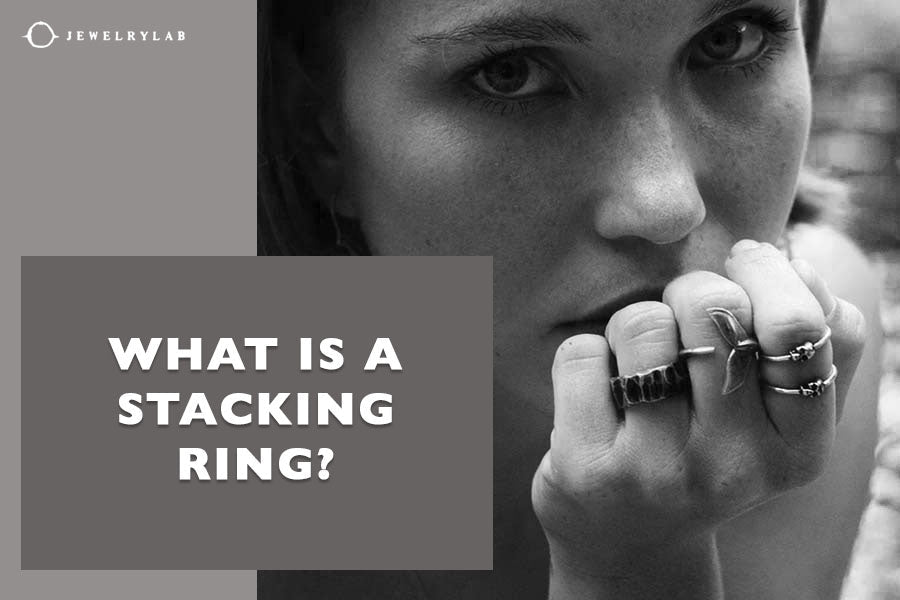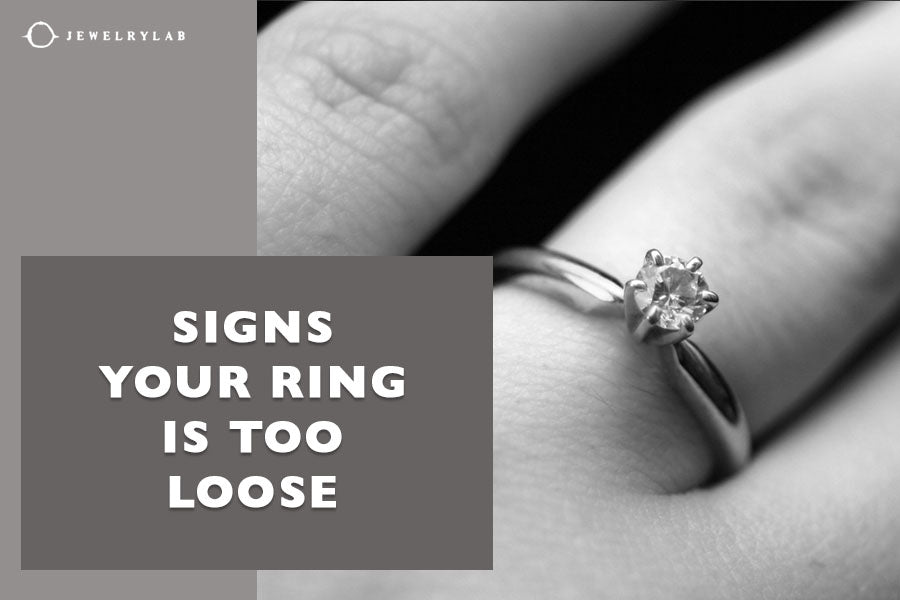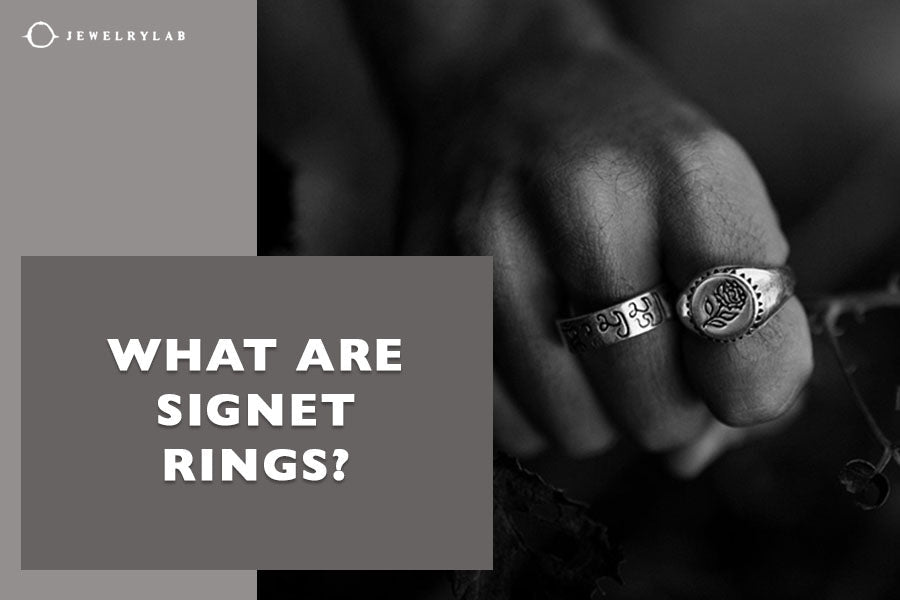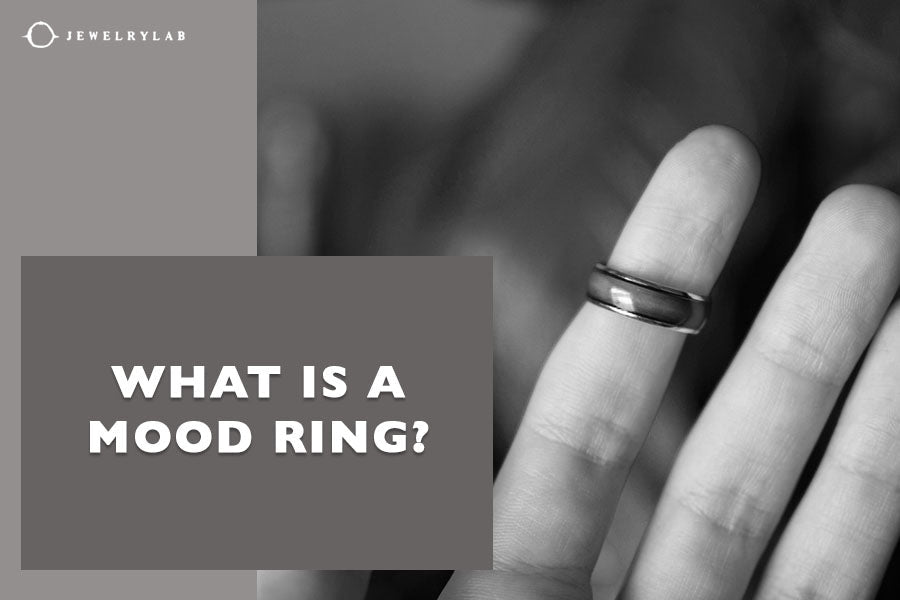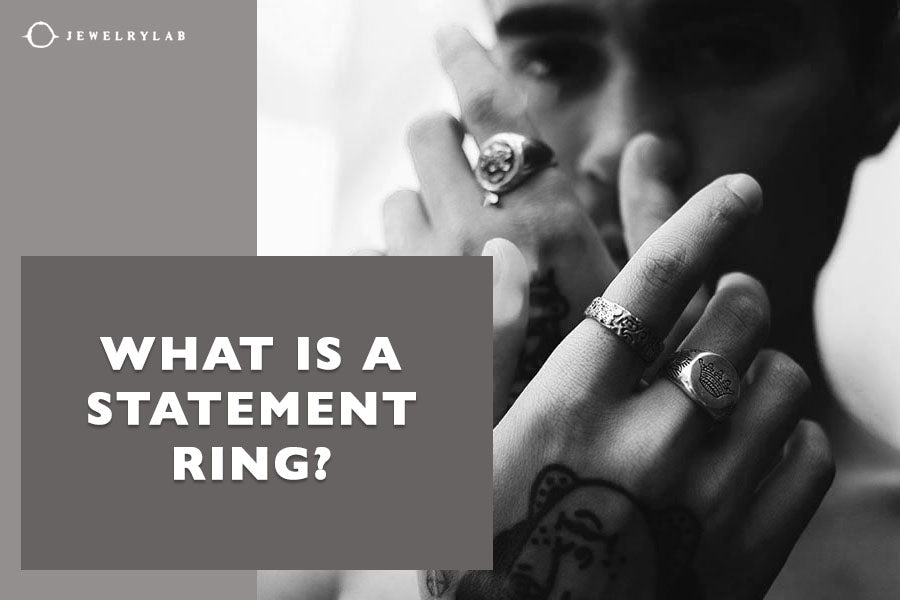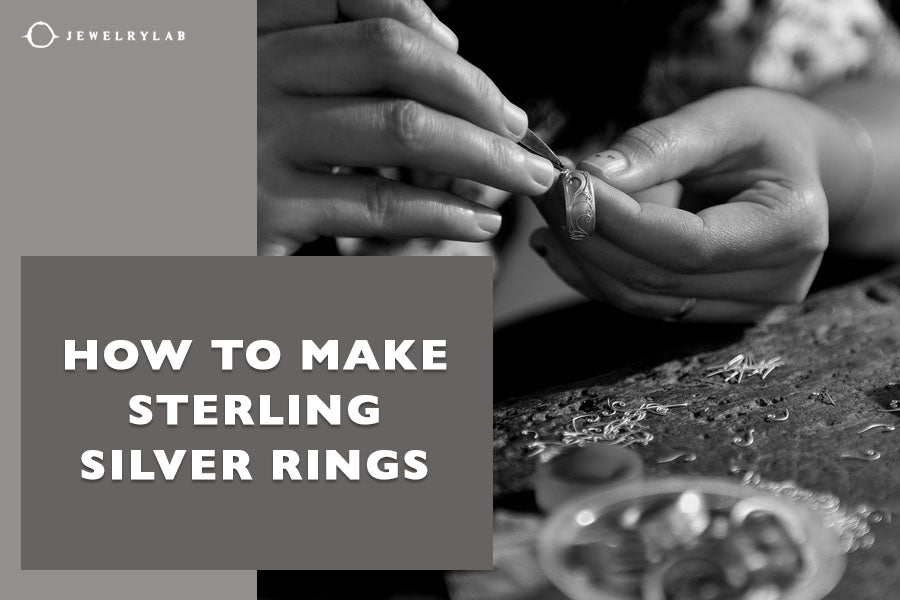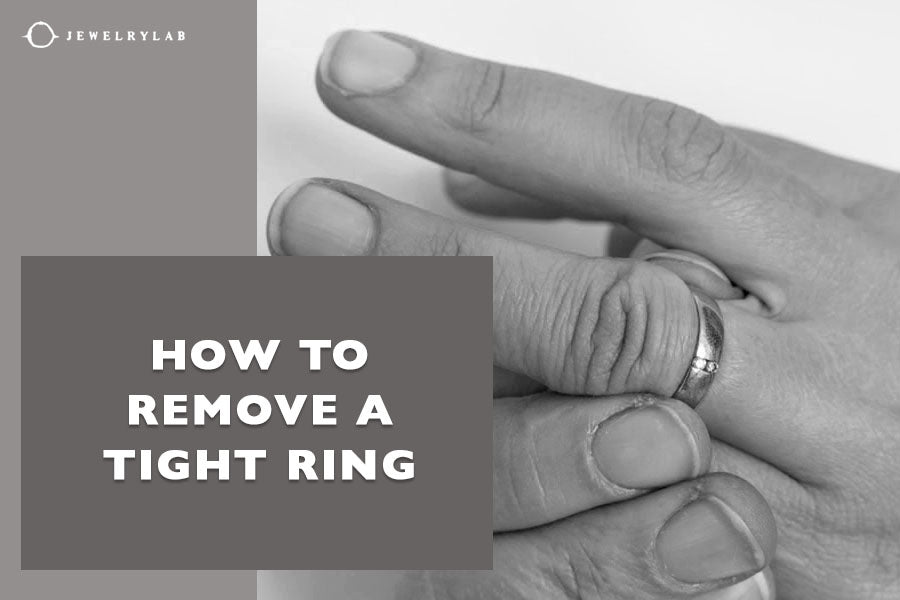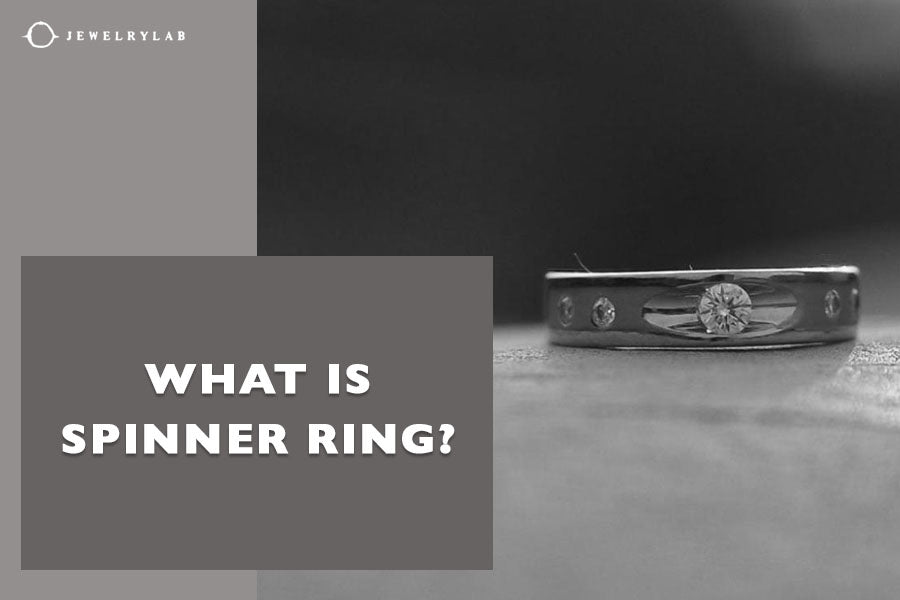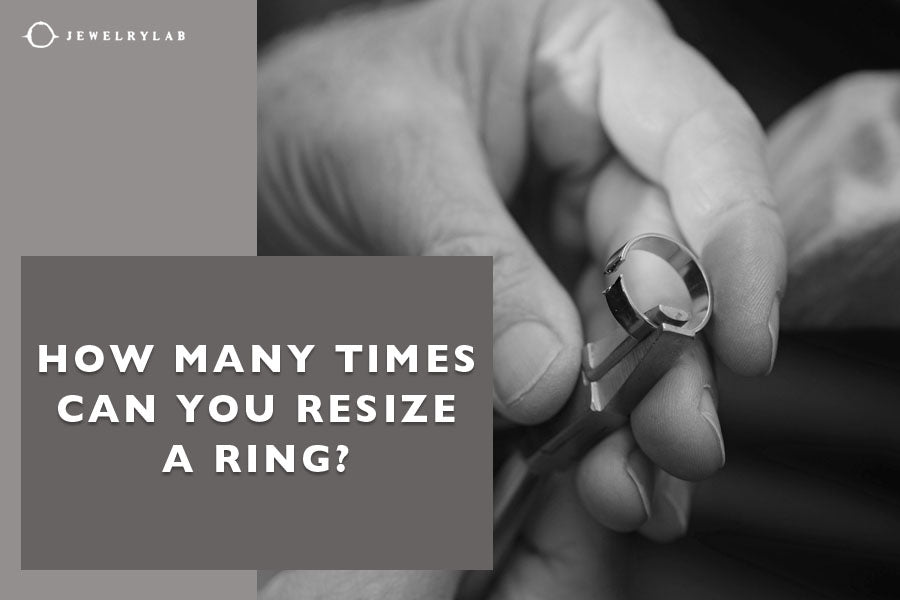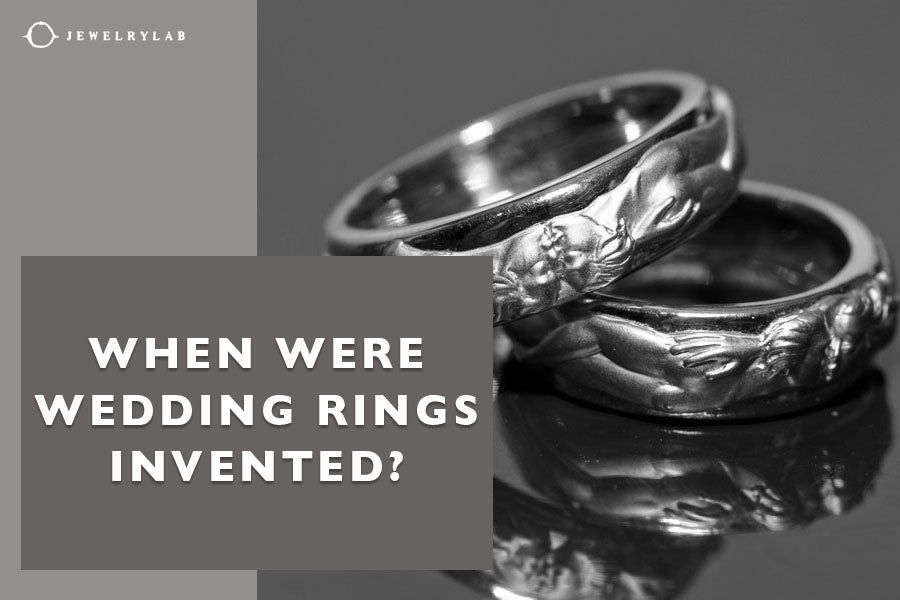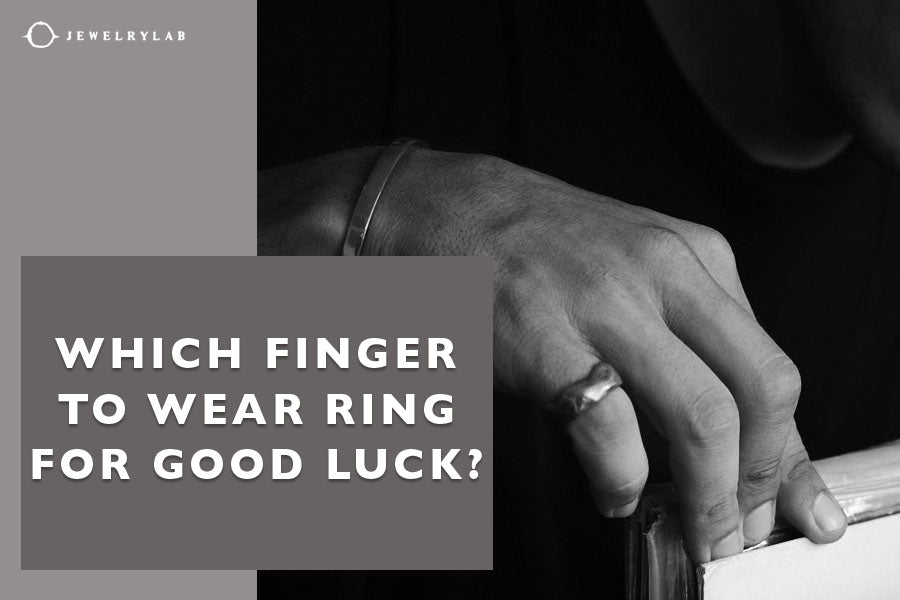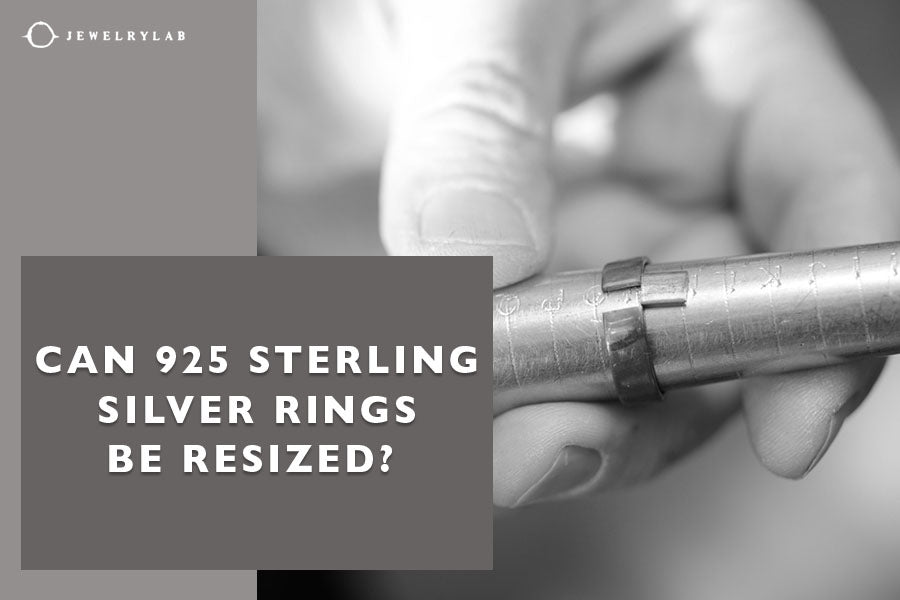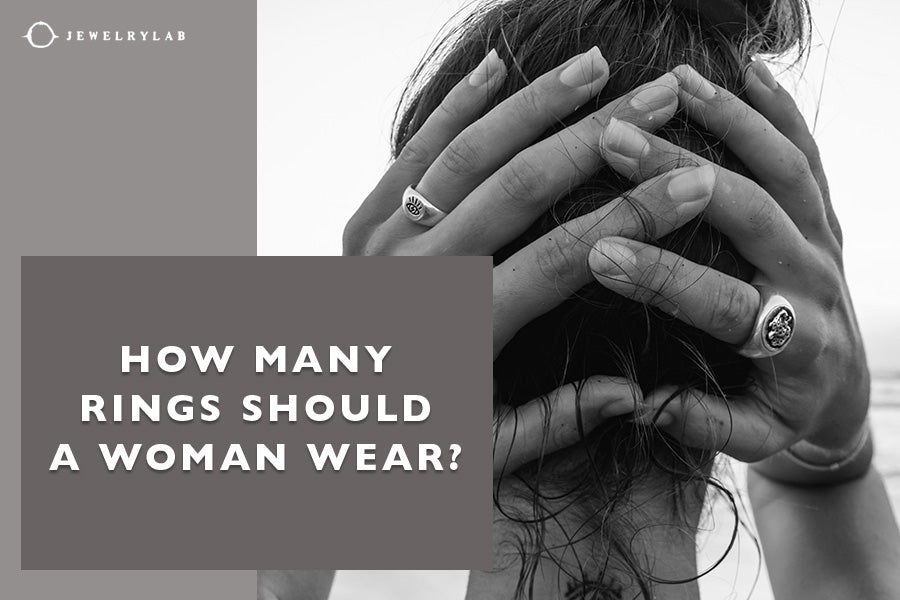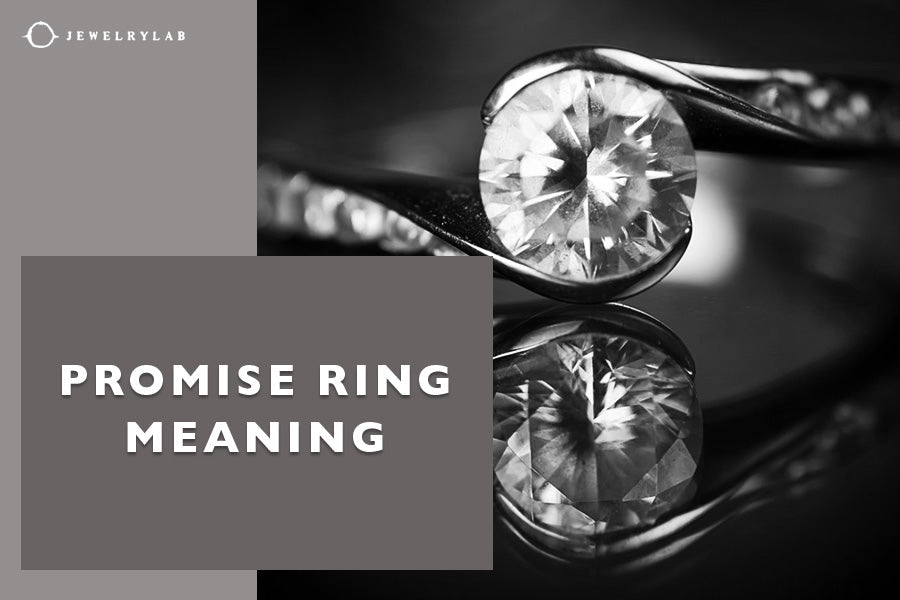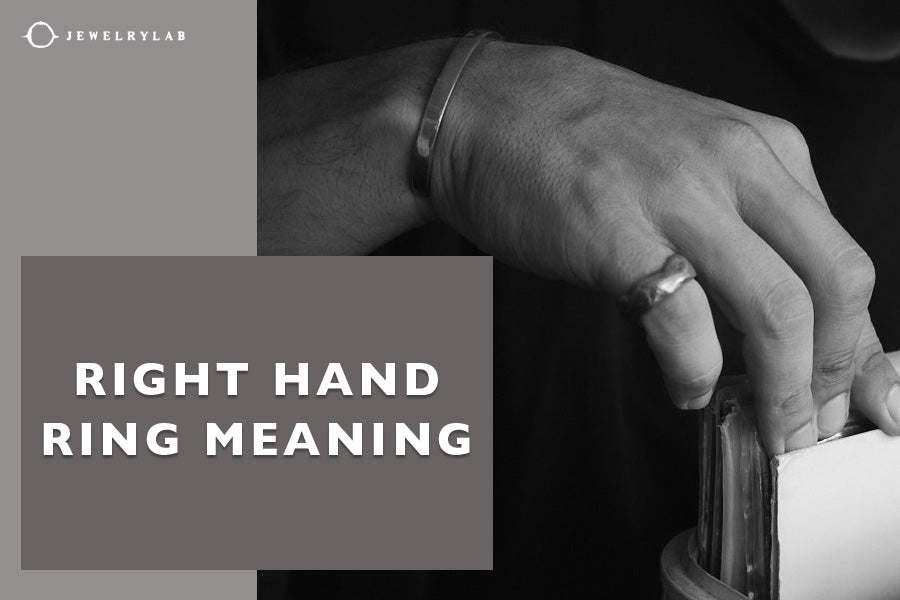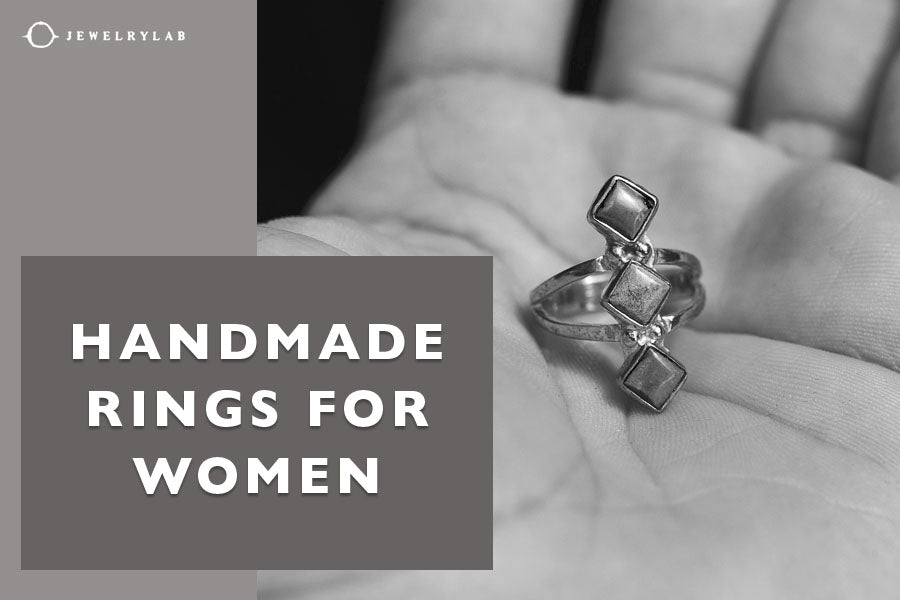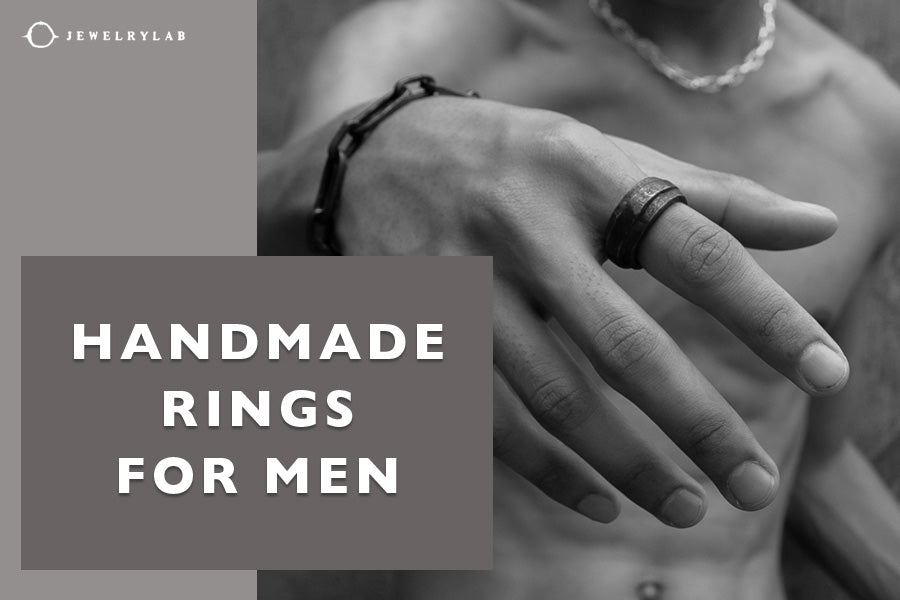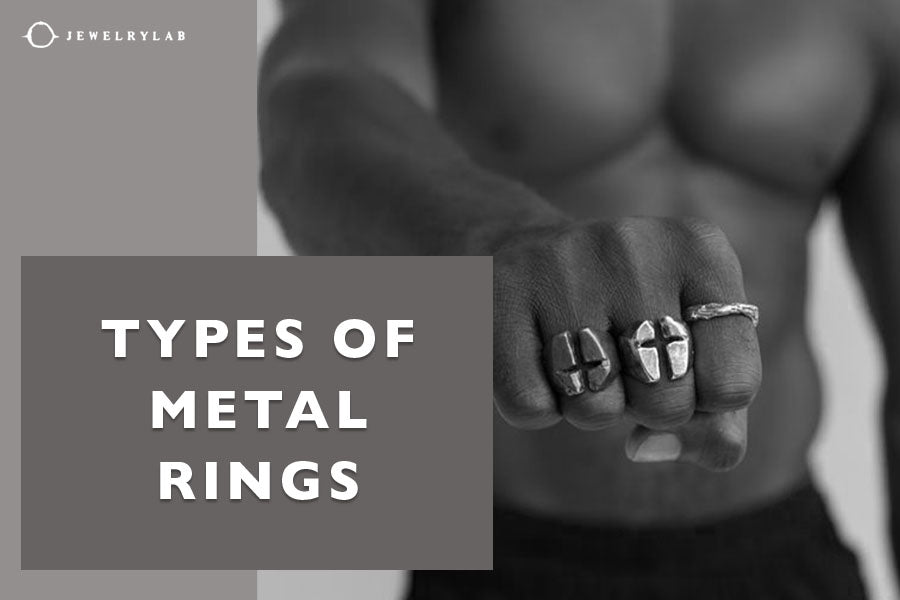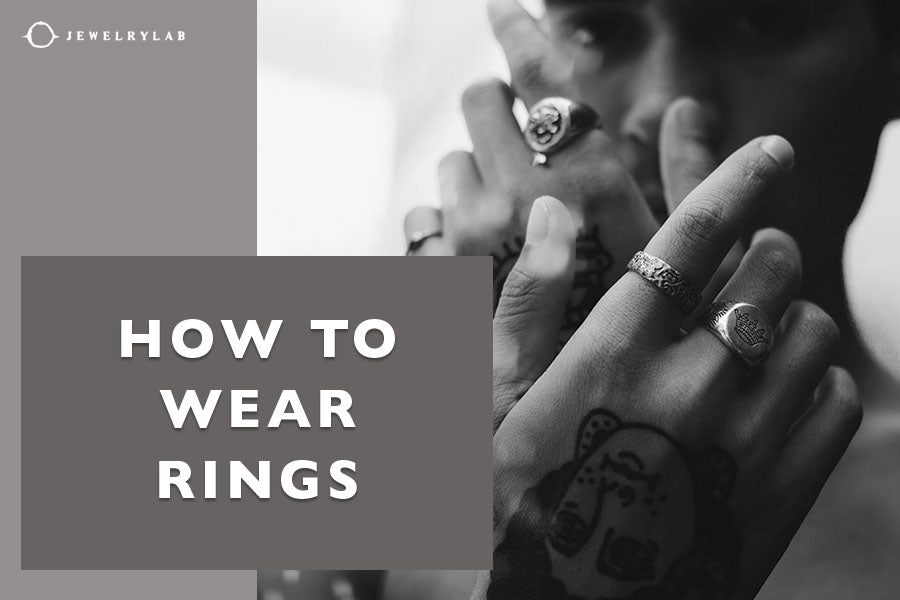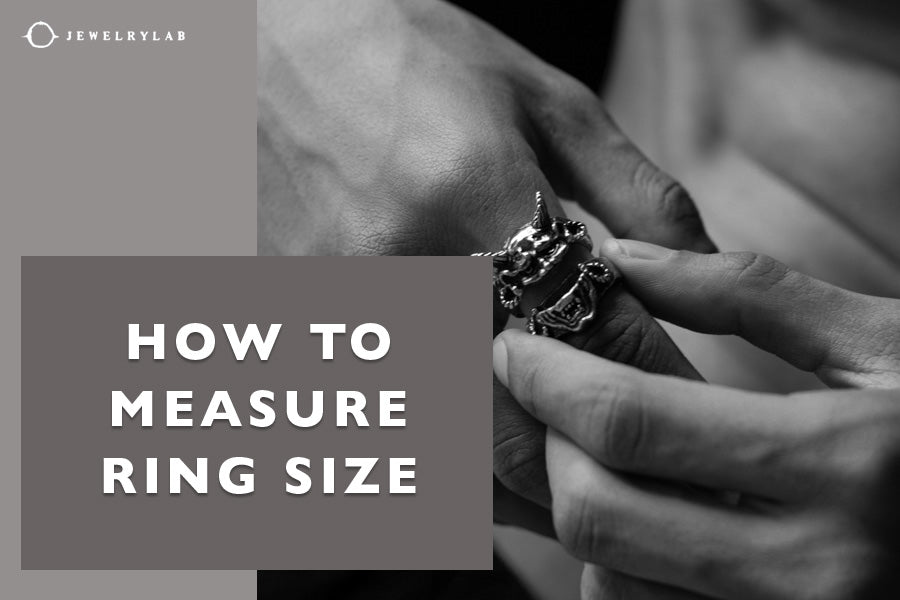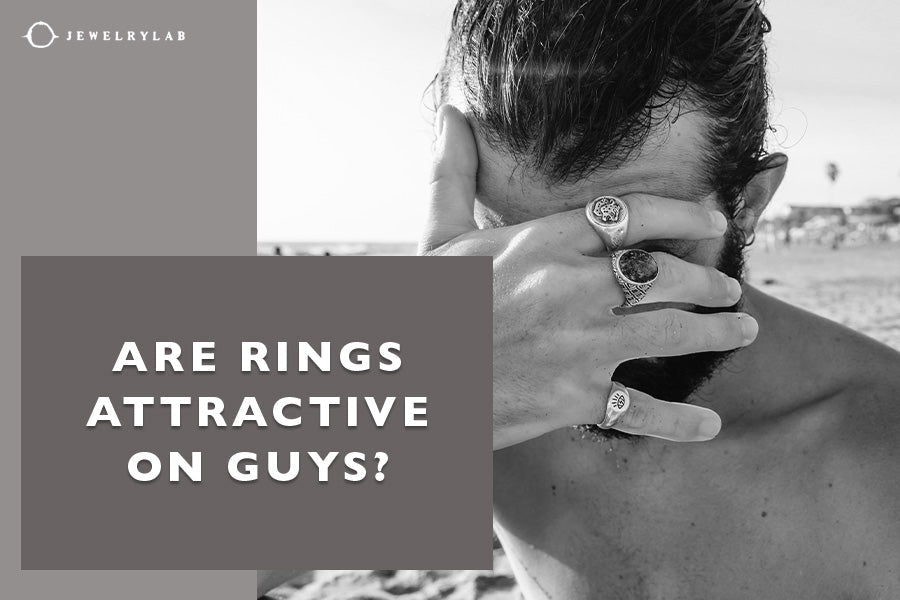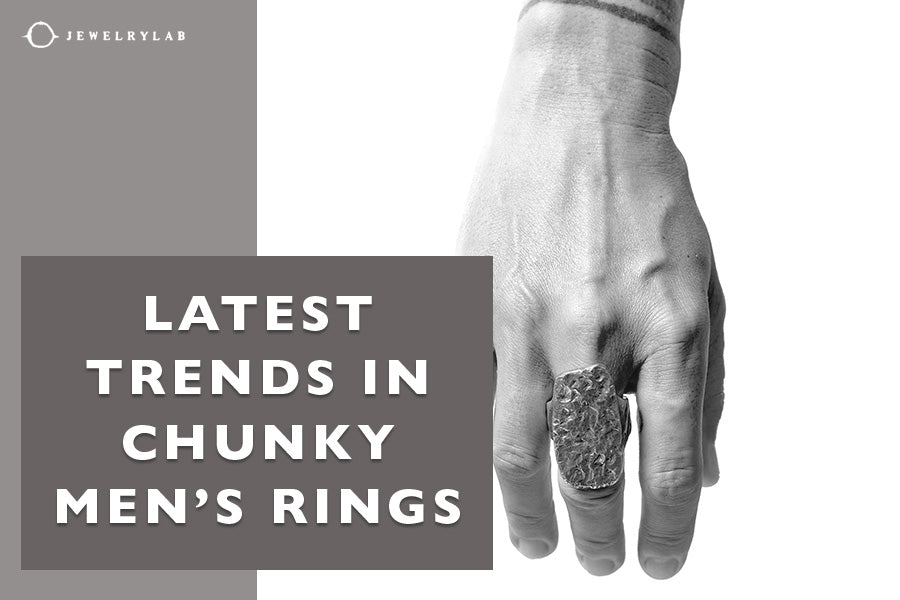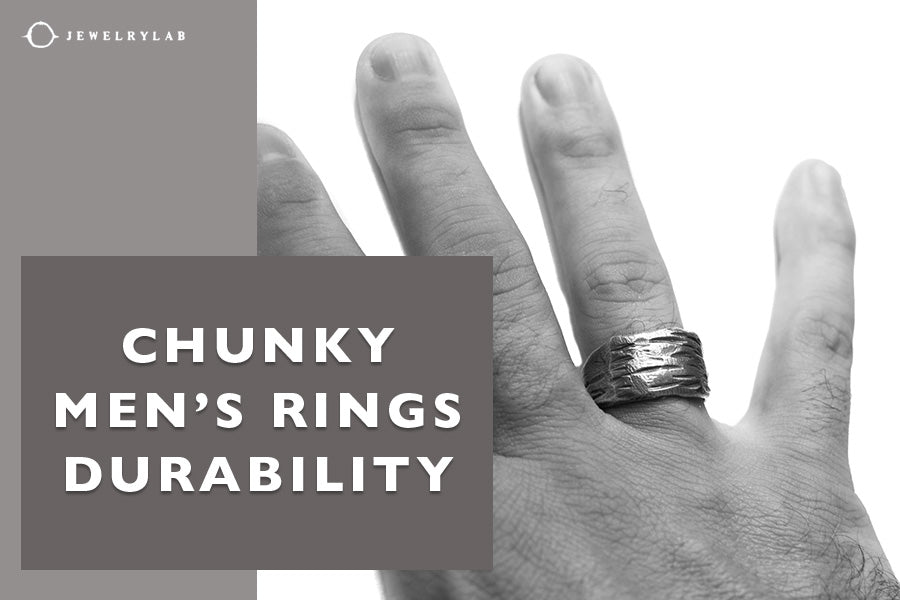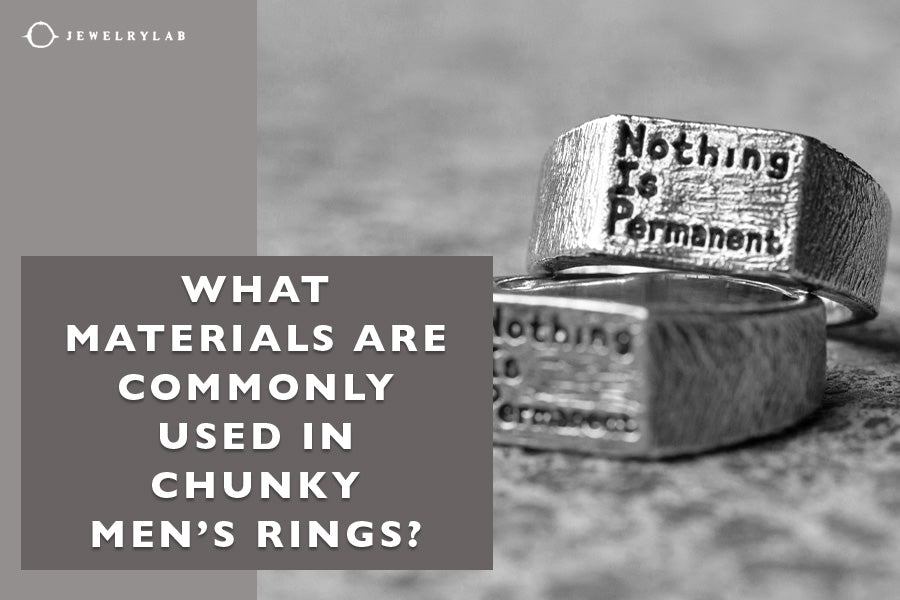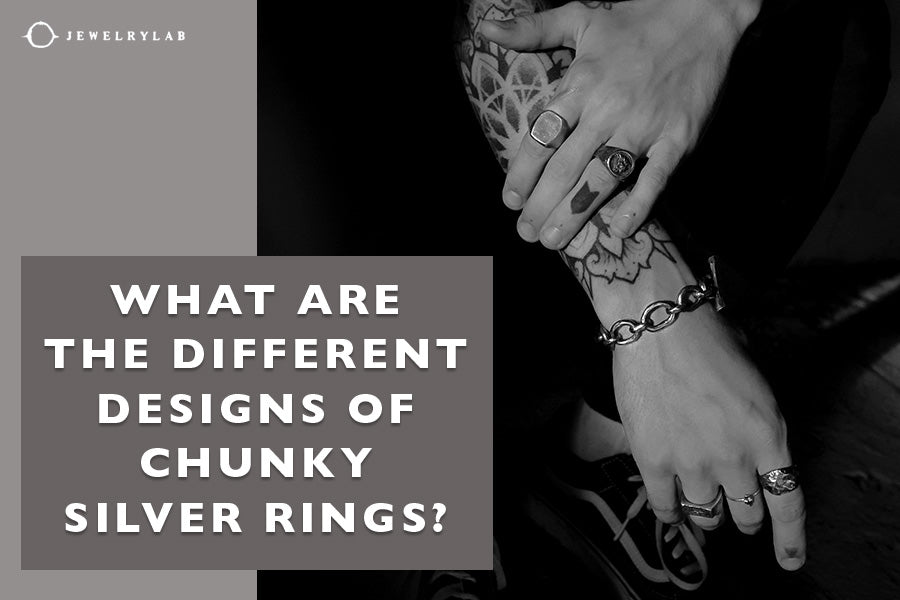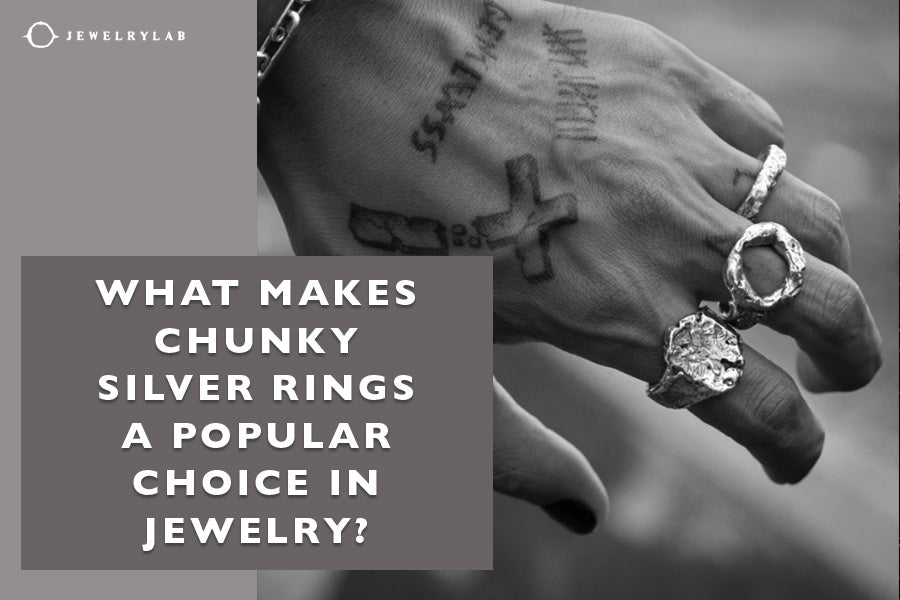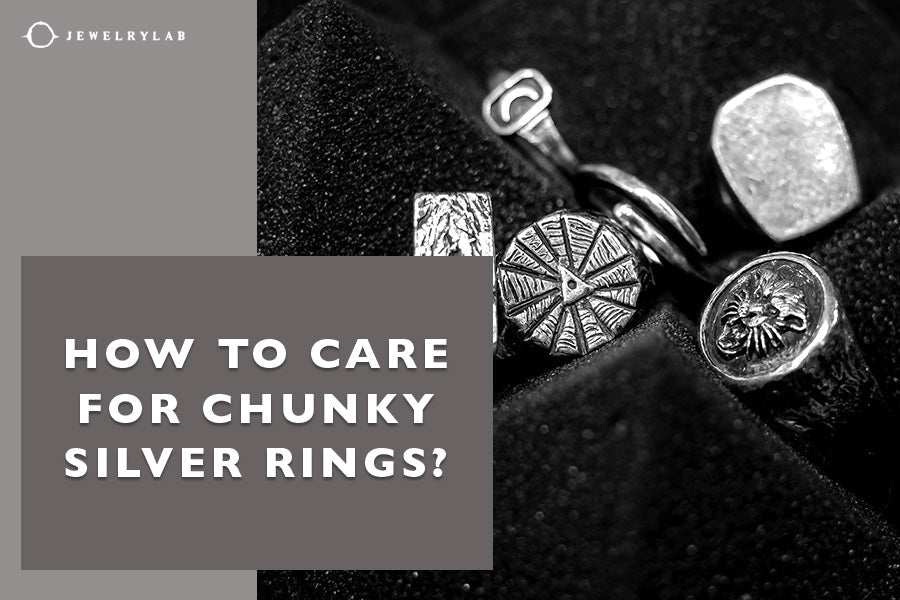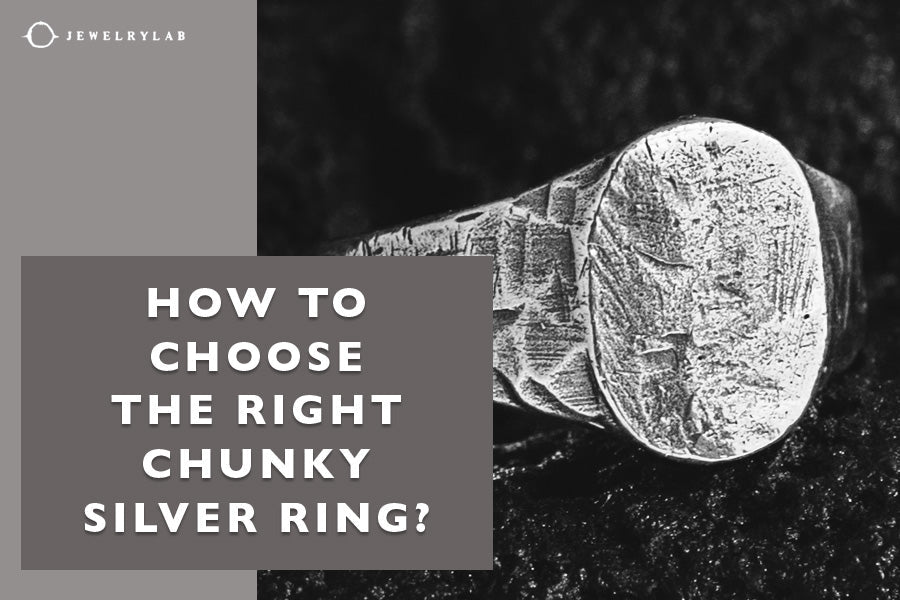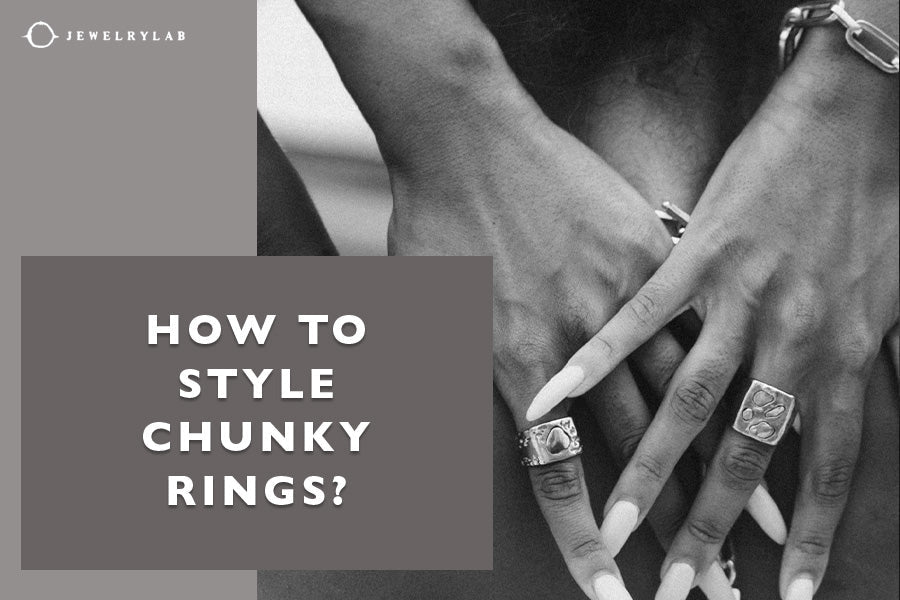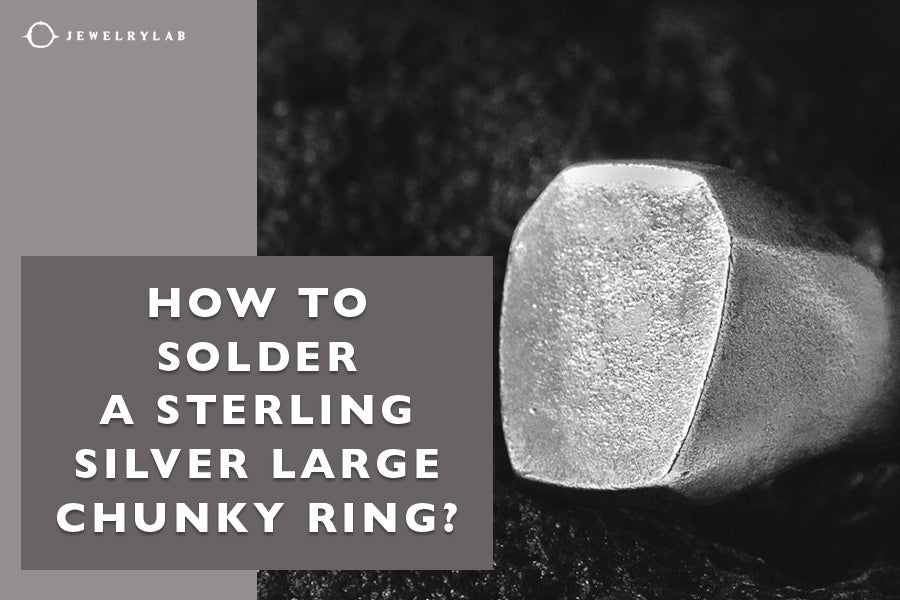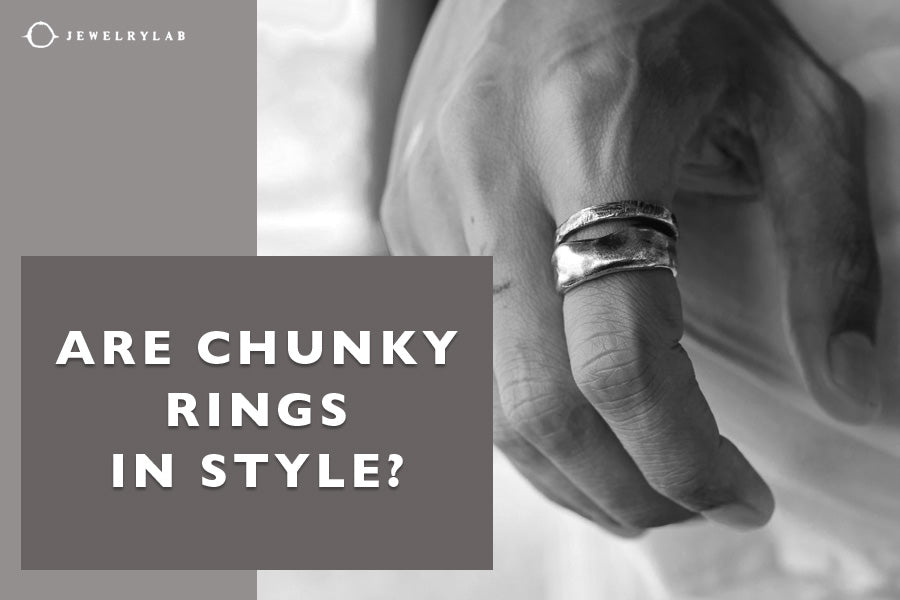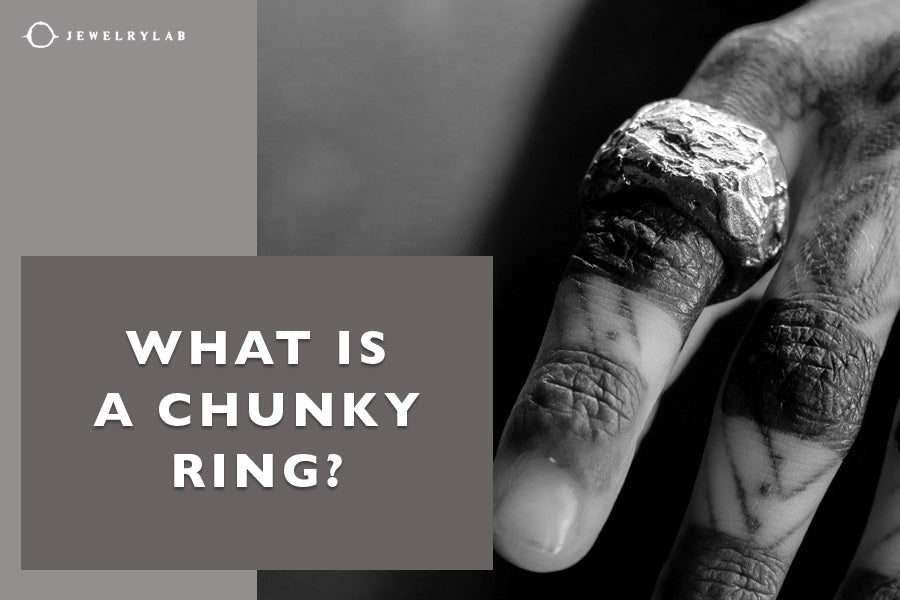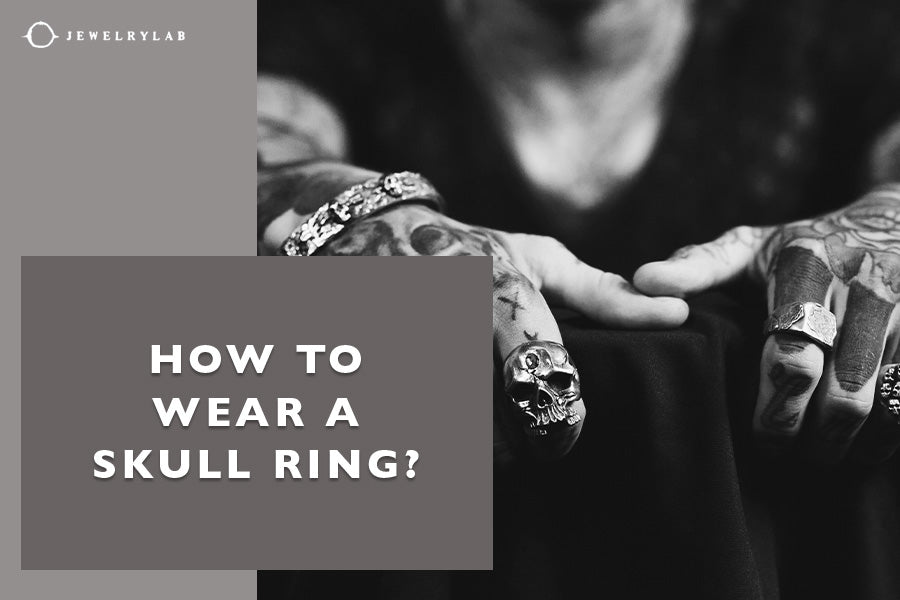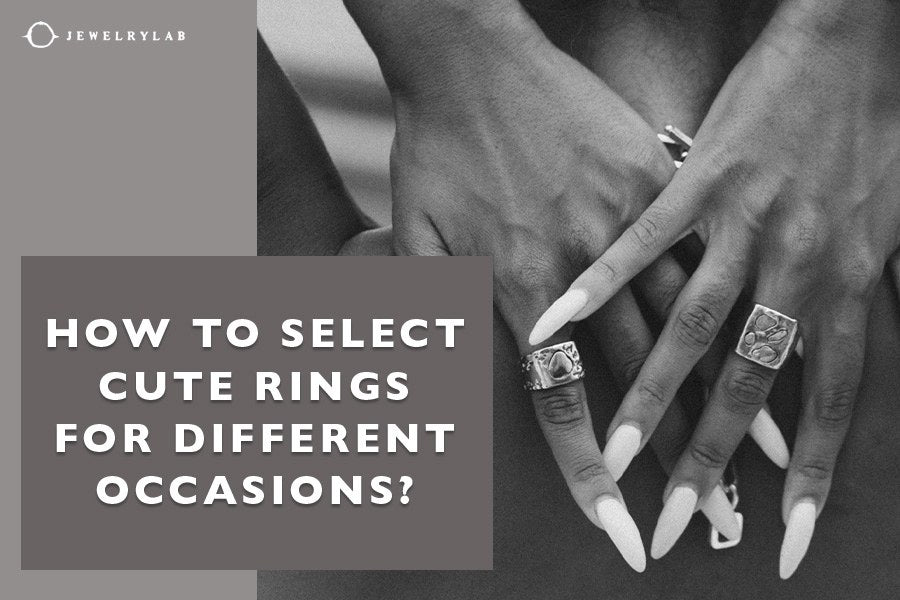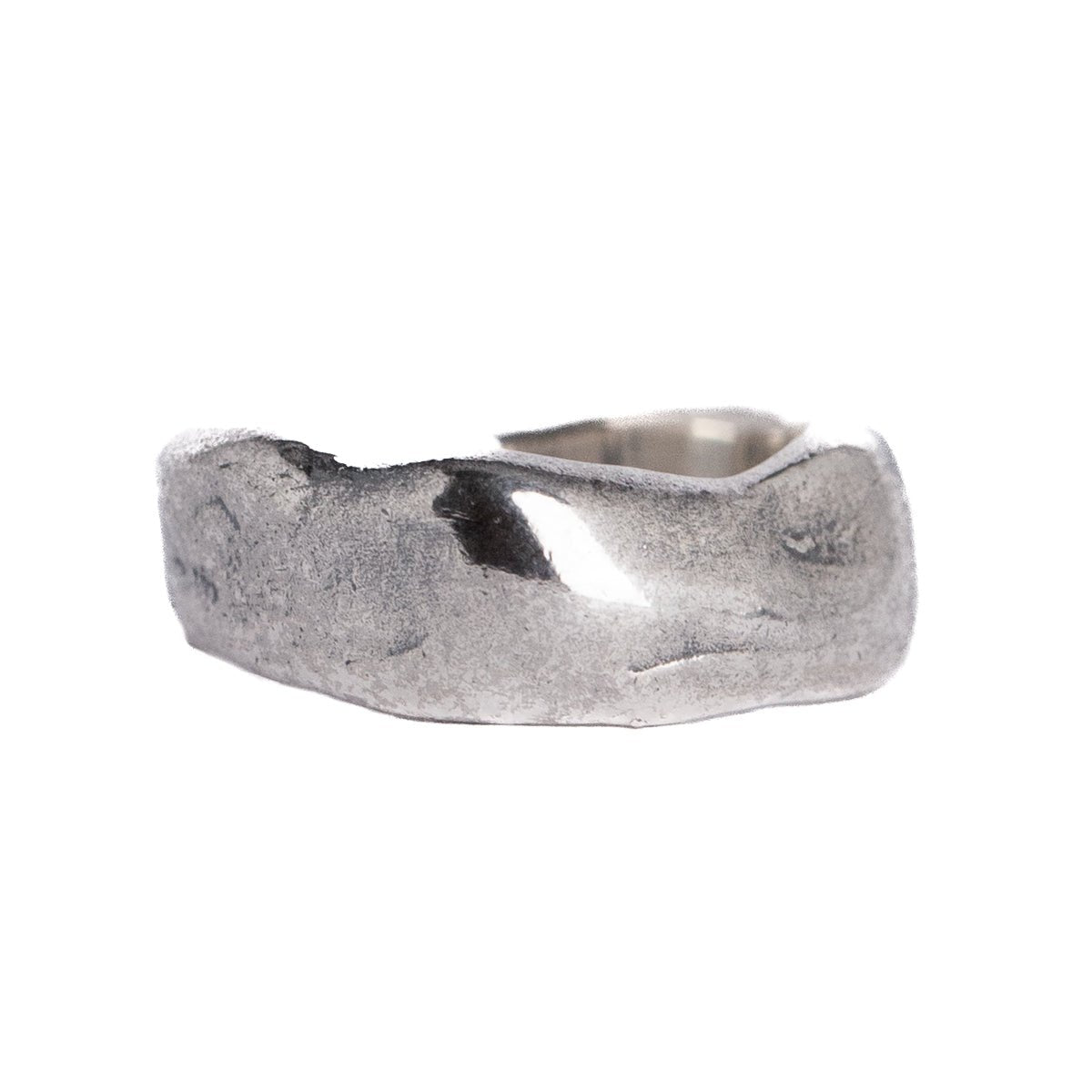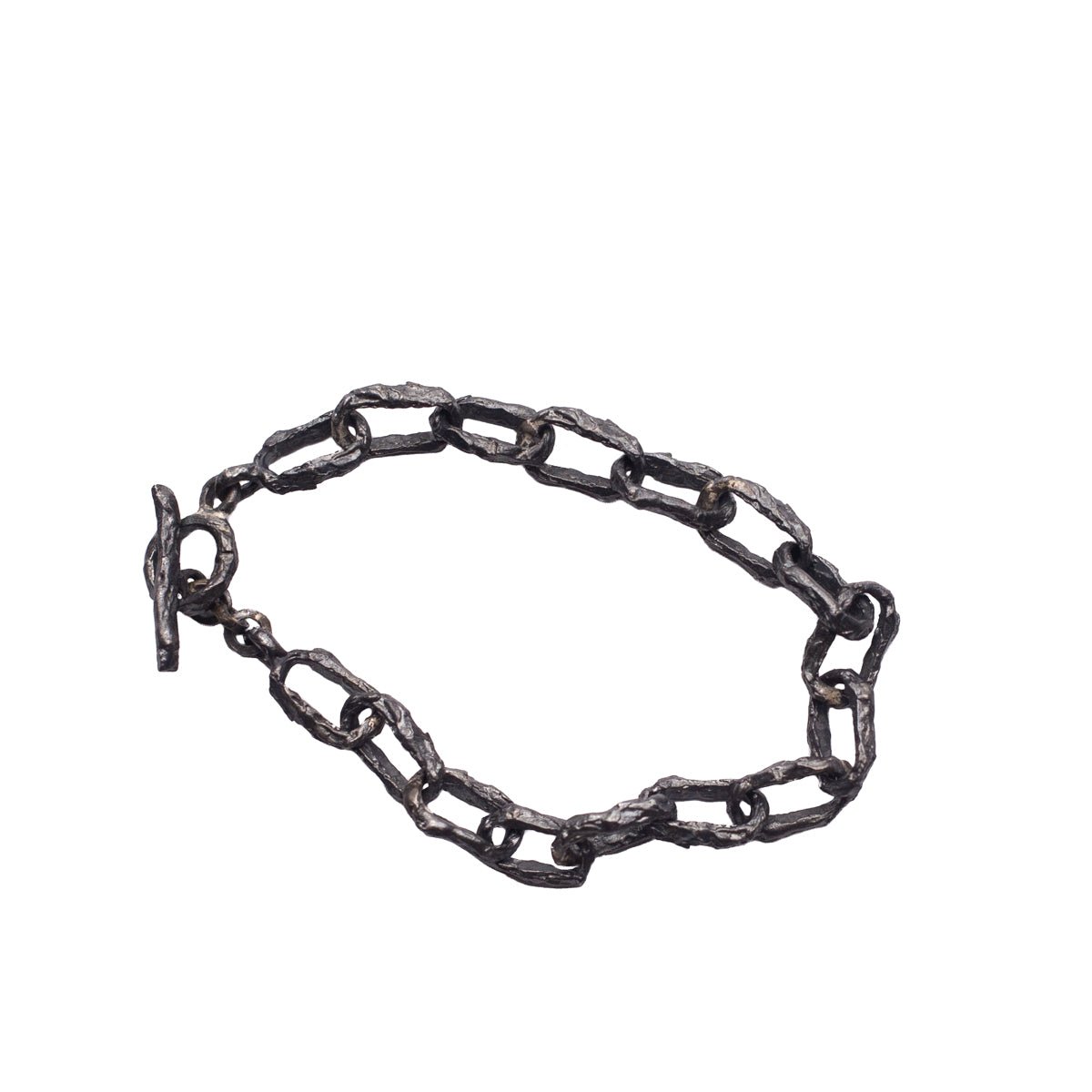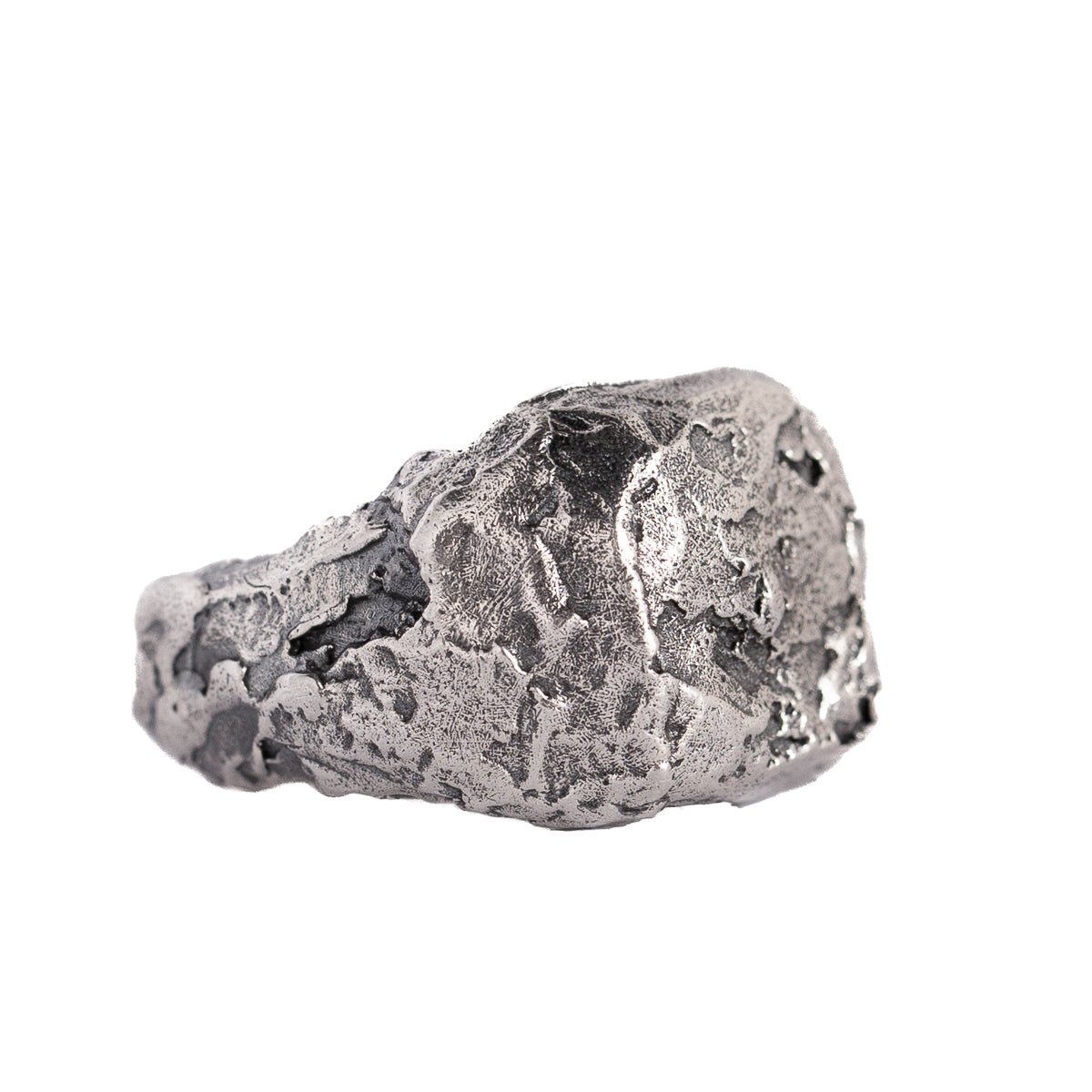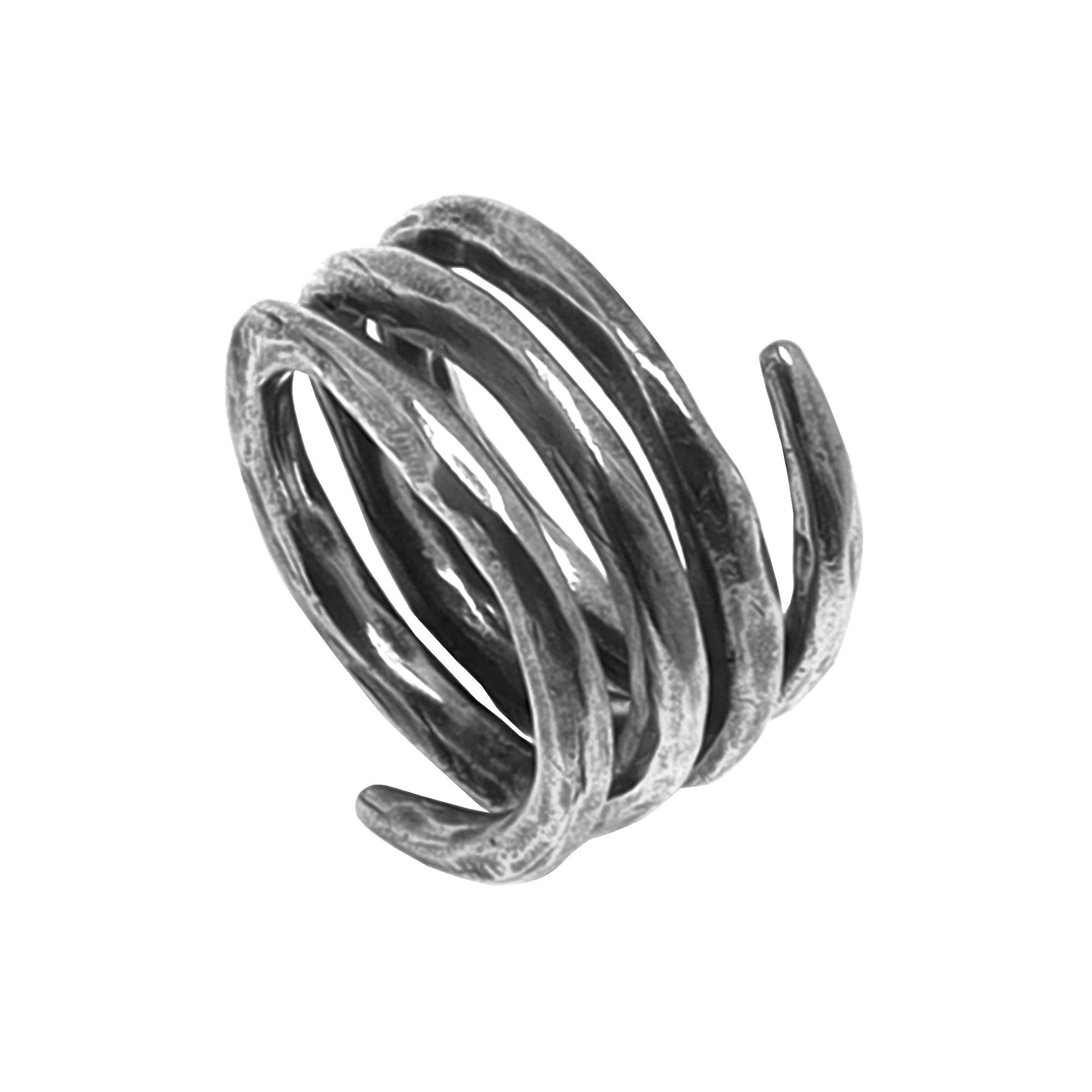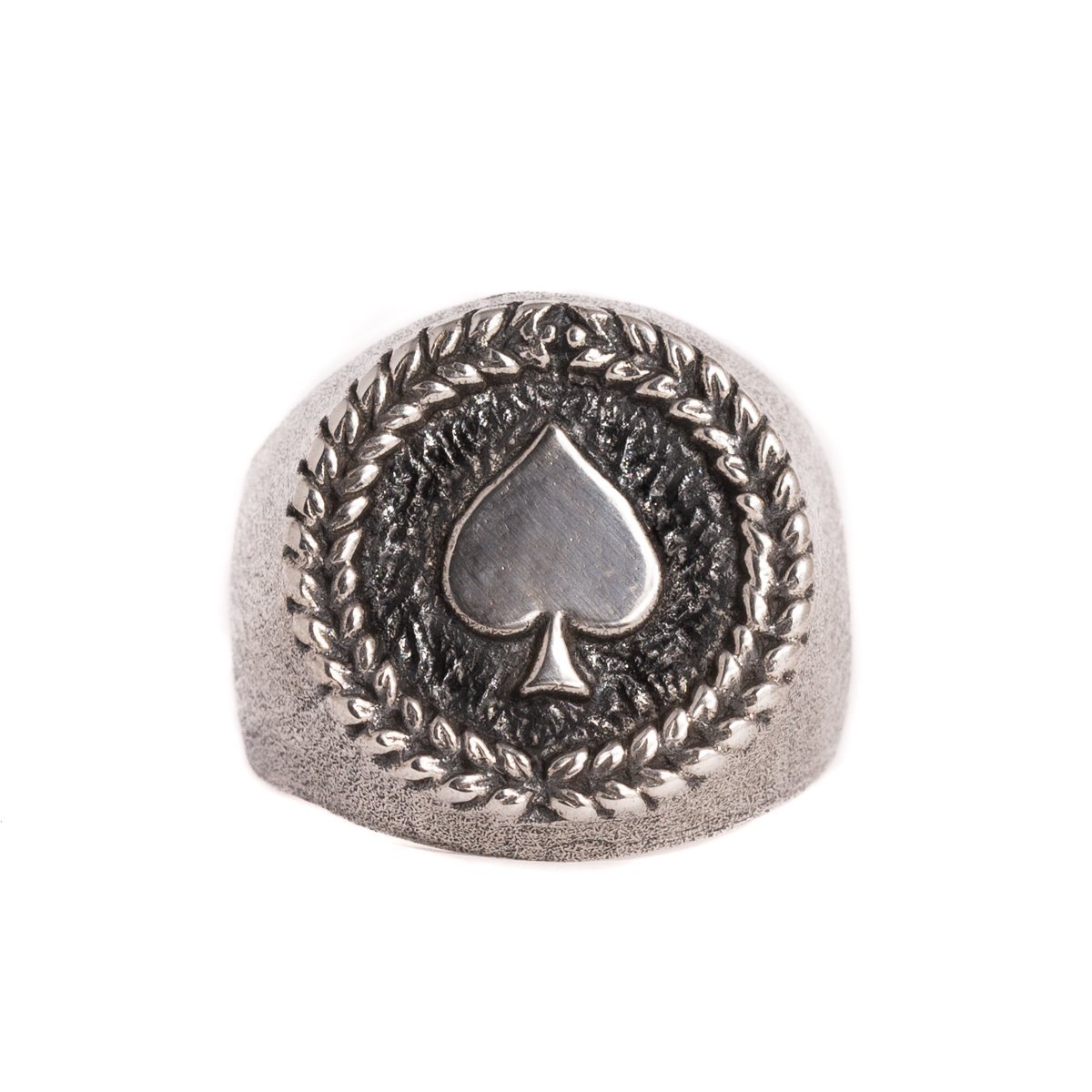by Jesús Zabala - 6 min read
What Do Skull Rings Symbolize in Different Cultures
With their captivating designs, skull rings may be symbolic in many cultures worldwide. Since skull rings are famous worldwide, many of you started to wonder about their meaning. So, what do skull rings symbolize in different cultures?
These interesting skull rings might have many details and captivating artwork. They could have deep meanings that go beyond simple fashion statements. They might symbolize mortality, rebellion, and protection from ancient to modern times.
Let’s get started and discover!
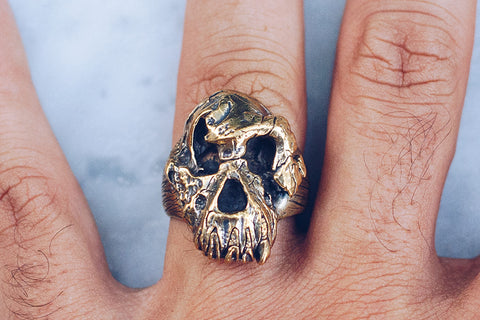
What Do Skull Rings Symbolize in Different Cultures?
Skull rings may have a significant symbolic meaning in many cultures around the world. From ancient civilizations like the Aztecs to modern subcultures, skull rings could be seen as a symbol of mortality and rebellion.
In some cultures, they might even be associated with the cycle of life and death.
Exploring the symbolism of skull rings in many cultures could be an interesting peek into the rich history of human beliefs and traditions.
You can find many different shapes and colors of such rings, all with symbolic meanings. For example, our silver skull rings are handcrafted with attention to detail, featuring skull designs with a bold and edgy style.
They offer durability and shine because they are made from high-quality materials. They are perfect for you if you want to make a statement. Our silver skull rings combine style and art, adding rebellious elegance to any outfit.
Now, let's look closer at the question, what do skull rings symbolize in different cultures?
Different Symbolic Meanings of Skull Rings
Ancient times
In ancient times, specific skull rings may not have been in their jewelry collection. However, skulls were seen as a symbol of the cycle of life and unachievable immortality.
Aztec culture
In Aztec culture, skulls had a big meaning and played an important role in their beliefs and rituals. The Aztecs may have seen skulls as a symbol of life and regeneration.
Skulls might have also been linked with Mictlantecuhli, the god of death, and were often shown in their art and sculptures. They may have believed that death wasn’t the end of existence but a continuation of life in a different realm.
They had many rituals and celebrations. Among those celebrations is the famous Dia de los Muertos (Day of the Dead). A celebration in which they honored and celebrated their deceased ancestors with many skull decorations and offerings.
Today, some may wear Aztec skull rings as a reminder of the life cycle or as a symbol of their ancestors.
Kapala
Moving across continents to Asia, you might find another interesting interpretation of skulls in Buddhist Tantra and Hindu Tantra. They may have used the kapala, which is a ceremonial skull cup. They may have used the cup for rituals and mediation techniques.
In Tibetan Buddhism, the kapala may symbolize wisdom and knowledge. The kapala might have some carvings and may be filled with offerings. For example, red wine may represent blood.
Pirate culture
Skulls and crossbones were not used in pirate culture because of their link with death. The symbol could be traced back to the 18th century when captains marked the name of the dead sailors in the ship’s log with a skull and crossbones.
Over time, the link between death and danger led pirates to use the skulls as a symbol. They started frightening their opponents with the skulls in their flags. The symbol may be seen as a reminder of the risks of the pirate lifestyle.
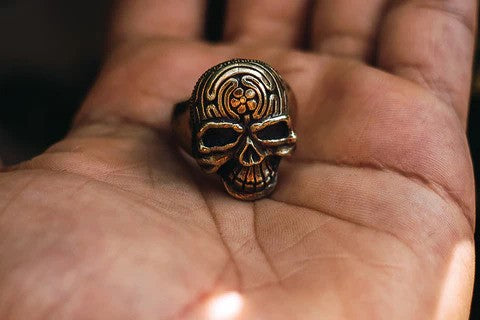
The meaning of skull rings in subcultures
Biker subculture
Skull rings may also be very important in the biker subculture. The skull may represent the freedom of the open road, a fearless attitude, and a sense of brotherhood among the riders.
Bikers may wear skull rings as a badge of honor and a statement of belonging to a biker community.
Goth and rock and roll subcultures
In the Gothic and rock subcultures, skull rings may be a popular symbol of rebellion and uniqueness.
Besides rings, skulls could be seen on clothes and other accessories in these subcultures. The rings could have spikes, studs, or detailed designs and could be seen as a powerful statement of identity.
Types of Skull Rings
Skull rings come in various styles and designs, each with its character. So, let’s look at some of the many types of skull rings.
Animal skull ring
They may be a popular choice for those who like nature and want to add elements of animals to their look. These rings could include animal skulls from different animals like wolves or rams.
Animal skull rings might highlight the features and characteristics of the animal. For example, it may portray its strength and wildness.
Mythical and demon skull rings
The mythology and supernatural themes may inspire mythical and demon skull rings. These rings could feature skulls with fantastical or demonic characteristics like horns and wings. They can have creatures from many cultural traditions, like dragons.
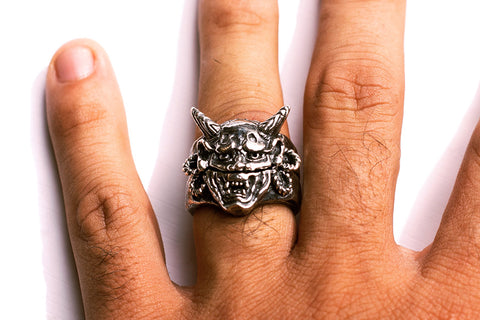
How to Wear Skull Rings
There aren’t hard rules to follow when wearing skull rings. The beauty of skull rings lies in their ability to show a person’s style and uniqueness.
Here are five tips about how to wear skull rings.
1. Choose the right finger
Skull rings may be worn on any finger, depending on personal preference. You can wear it on the ring finger, index or even pinky.
To choose the best one, you should consider the size and the design of the ring, as well as the proportions of your hand.
2. Stacking and layering
Skull rings could be worn alone as a statement ring, but they could also look great when stacked or layered with other rings. For a unique look, you could experiment with different ring types, like a plain ring or a gemstone ring.
You can also mix metals and textures to add depth to your ring stack. To create a harmonious look, you should balance the size and style of the skull ring with the other rings.
3. Coordinate with your outfit
You should consider the whole style of your outfit when choosing a skull ring. A big, detailed skull ring might be perfect if you wear a rocky and edgy look.
A smaller and simpler skull ring like Mini Jive Skull Ring may be a better alternative if you like a more minimalist or casual look. You should pay attention to the colors and materials of your clothes and accessories to ensure your skull ring complements the whole look.
4. Reflect your personality
Skull rings should show your identity. You should consider the symbolism and meaning of the skull ring you choose. Is it a symbol of rebellion, mortality, or a connection to a specific subculture?
You should allow the ring to express who you are and what you believe in. You could choose a simple and elegant design or a more detailed one.
5. Consider the hand on which you should wear the skull ring
There might not be strict rules which indicate which hand is “correct” for wearing a skull ring. It should be entirely up to personal preference.
Many people wear their skull ring on the hand they use the most. That should be the dominant hand. This choice should give more visibility and comfort because you might be less likely to accidentally knock or damage the ring during activities.
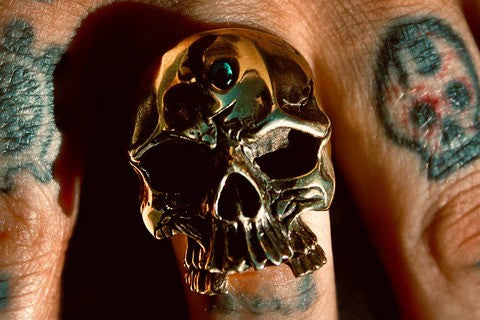
Conclusion
What do skull rings symbolize in different cultures? The symbolism of skull rings in different cultures might be a fascinating journey through time.
Skull rings have passed through many countries and centuries while having different meanings. From ancient Aztec times, they may have seen skull rings as a representation of the cycle of life and death. And to the baker subculture, who may use them as a rebellious sign.
Skull rings continue to draw attention, whether as a reminder of mortality, protective talisman, or some statement.
-
DESIGNED & HANDMADE IN BALI
-
FREE RESIZING FOR EVERY PIECE
-
FREE SHIPPING ON $150+ ORDERS
-
100% SAFE & SECURE CHECKOUT
